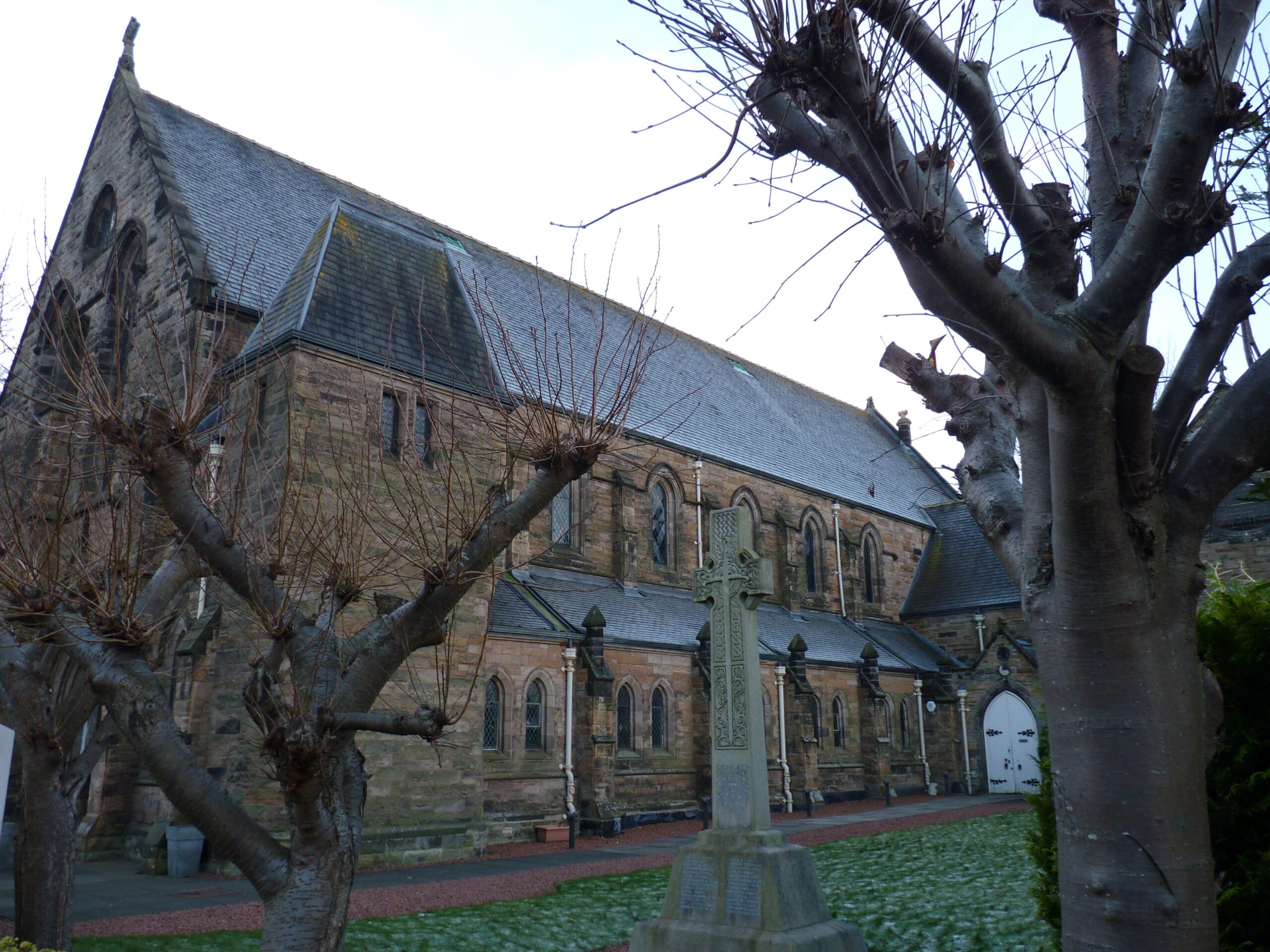The Church of Scotland is going through a 21st century reformation as it comes to terms with the general decline of formal “religion” throughout Europe.
For the first time ever, the Scottish census has found that most people have no religion (51 per cent). It’s come as rather a shock to regular church members like myself who were brought up in the happy belief that Scotland was the home of Presbyterianism and it would last for ever.
Changing religion. Craigmillar Park Church, Edinburgh.
But the number of members of the Church of Scotland, the so-called established church, has fallen from 1.5 million in the 1950s to just 283,000 today, only 60,000 of whom attend church on an average Sunday. It means the “Kirk” has had to slim down. The number of Presbyteries (areas or dioceses) has been reduced from 40 to 12, the number of churches is being reduced from 4,000 to 3,000 and the number of ministers is down to around 600.
My own little church on the south side of Edinburgh was closed down last year. I’d been a member there for 40 years. From the 1st of January this year the remaining members – about 30 of us regular attenders – were transferred to a much larger church up the road. It itself if the result of 40 mergers over the last 200 years, as the various factional off-shoots came together or the tide of secularism swept them aside.
The religious landscape we are left with looks like this: of the 38 per cent of the Scottish population who told the census in 2022 they were Christian, 52 per cent were members of the Church of Scotland, 34 per cent said they were Catholic, and 5 per cent were members of other Christian denominations. These include the Baptists, the Unitarians, the Quakers and Scottish Episcopal Church which is part of the Anglican community. It has 300 congregations and a membership of 23,500, of whom only 8,000 may be found in the pews on a regular Sunday morning.
On the fringe of this general decline, some congregations are growing. My own church building was bought by the Greek Orthodox Church. The influx of Eastern Europeans has led to some Catholic congregations flourishing again. The number of independent evangelical churches has grown considerably over the last 20 years. There are 36 members of the Federation of Independent Evangelical Churches. And apart from the Christians, there are a growing number of Muslim and other religious congregations as a result of Scotland’s greater ethnic mix. Muslims now comprise over 2 per cent of the Scottish population.
These religious changes flow into the changing character of our nation. We are becoming increasingly anti-establishment, less neighbourly, more individualistic, insulated from hardship, tragedy and death. We have a much easier life than we had as farmers, miners, seamstresses, all living on the edge of poverty. The state, too, has taken over most of the education, health and welfare services the churches once provided. It’s true the Church of Scotland still has a network of care homes and welfare centres and there are still Catholic schools but they are heavily supported by the state.
We are too busy with other distractions to have time to go to a church which plays a smaller part in our lives. Our spiritual desires and needs are being satisfied in other ways – music, sport, walks in the hills, social media conversations, mindfulness classes.
The church’s behaviour and doctrine are also under question. That’s largely the church’s own fault, of course, because of the various cases of historic child abuse and because ministers often don’t make it clear that the Bible is a symbolic book. It’s not to be taken literally. Its stories are parables to illustrate the Christian values of peace, kindness, honesty, fair dealing, care for the poor and disabled and how to live a happy life.
Detaching ourselves from religion has its dangers. First is the loss of a sense of heritage, of how previous generations worked and behaved and the lessons we can learn from them. If their contributions are to be lost, then perhaps so will ours. That would be a little disheartening. If there is no religion, what is there to comfort us when misfortune strikes? If there is no religion, how do you explain the universe and the mystery of life? If there is no religion, what will serve as our moral compass?
Perhaps mindfulness and walks in the hills and music and art can fill the gap left by traditional religions, but it’s quite a big ask. And we are the first generation to try it. Heaven help us!
Like this:
Like Loading…
